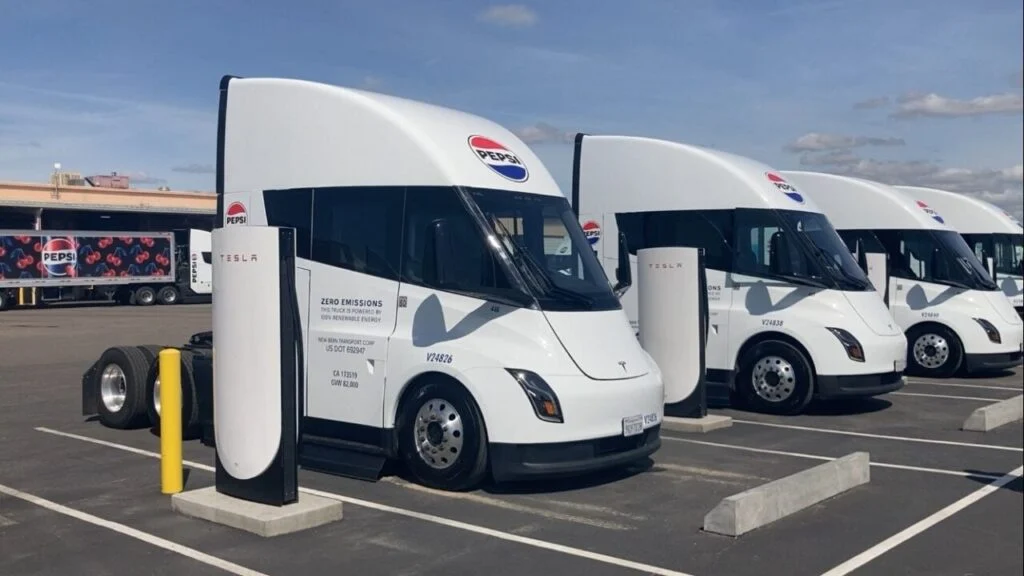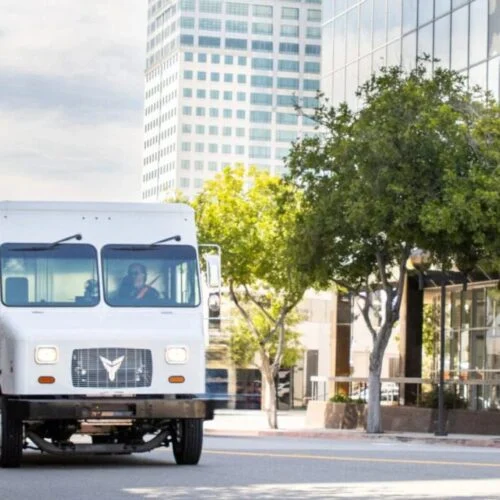Having passed the House of Representatives, the Republicans’ reconciliation bill is currently going through the US Senate.
The chairman of the US Senate Finance Committee, Senator Mike Crapo, released draft legislation on 16 June for the portions of the budget reconciliation bill that fall under the committee’s jurisdiction.
EV tax rebates, residential clean energy credits, and energy efficiency credits for residential and commercial buildings would be ended under the new bill’s provisions. Further coverage on the clean energy ramifications is available on our sister publication, Energy Storage News.
According to the Senate draft of the bill, the EV tax credit would expire 180 days after the new regulation comes into force. The end date is therefore now dependent on when the bill is voted on and whether and when it actually comes into force; it could be signed into law as soon as 4 July, although it will most likely take until late September or early October.
The tax credit for used EVs will end 90 days after the bill is signed into law.
EV tax credits as good as gone
Current US law allows a tax credit of up to $4,000 (£2,975) for buying a used EV, a provision that would be entirely scrapped should the bill pass, making it harder for lower income households to switch to an EV.
For a new EV, the tax credit currently sits at up to $7,500 (£5,577), which credit can be taken on a personal tax return or more conveniently can be transferred to the dealer at the time of sale to reduce the upfront cost of the vehicle.
There are requirements already in place for buyers: to get the credit, there is a maximum sales price of of $55,000 for EV cars and $80,000 for EV trucks and SUVs.
In the House version of the bill, from 1 January 2026, this would be restricted to manufacturers that sell 200,000 units or less and restrict eligibility based on price and manufacturing location—effectively making most EV models ineligible for tax credits.
Highway tax would increase cost of EV ownership
In the version of the bill that was presented to the Senate, there would be a $250 annual fee for EVs, $100 annual fee for hybdrids and a $20 annual fee for all other vehicles, taxed to cover the cost of highway maintenance.
The provision to implement that tax is not present in the Senate version of the bill.
House Transportation Committee chairman Sam Graves, congressman for Missouri state, said: “It’s time these roadway users pay their share. For far too long, electric vehicles have operated on our nation’s roads without paying into the system. Plain and simple, this is a fairness issue.”
The tax on gas-fuelled vehicles has not increased since 1993 and, in real terms, has declined by over 50%.
A statement issued by the Zero Emission Transportation Association’s executive director, Albert Gore said: “Coupled with the elimination of consumer and commercial clean vehicle credits and an uncertain tariff outlook, these wholesale policy changes will significantly harm our country’s ability to attract investment in battery production and scale domestic critical mineral development and processing that is crucial to a globally competitive industry.
“It’s clear that EVs will play a central role in the future of the auto industry. If we want to dominate this worldwide market, we cannot retreat now.”
Californian exemption signed away
Last week, president Donald Trump signed a resolution, after the US House of Representatives voted in favour of the move earlier this year, barring California’s plan to end the sale of gasoline-only vehicles by 2035, which has been adopted by 11 other states representing a third of the U.S. auto market.
The mandate was approved by the California Air Resources Board in 2022 and the US Environmental Protection Agency (EPA) granted the waiver as an addition to the 1970 Clean Air Act that allowed California to set its own pollution reduction policy.






